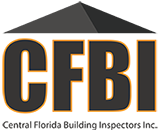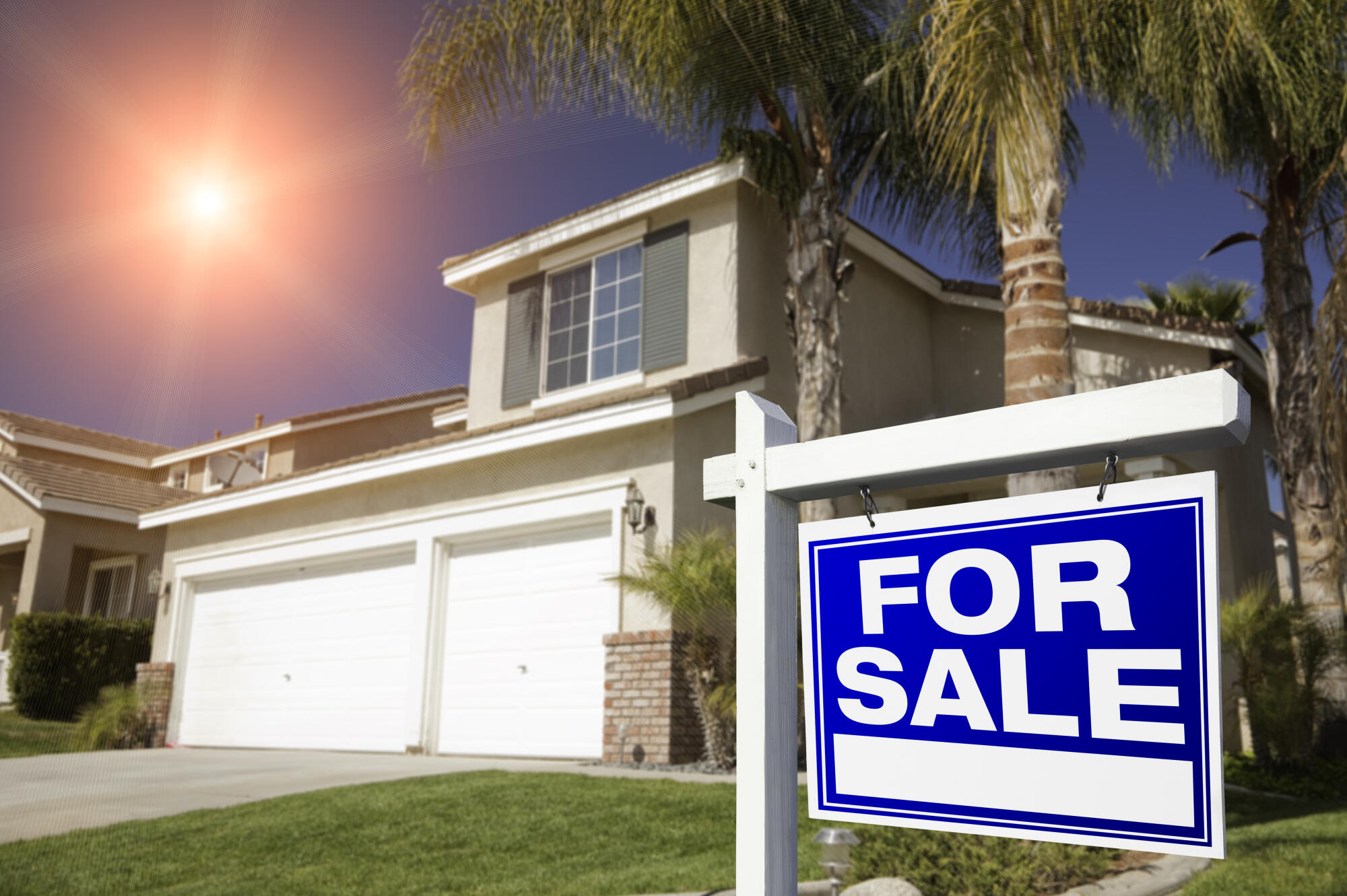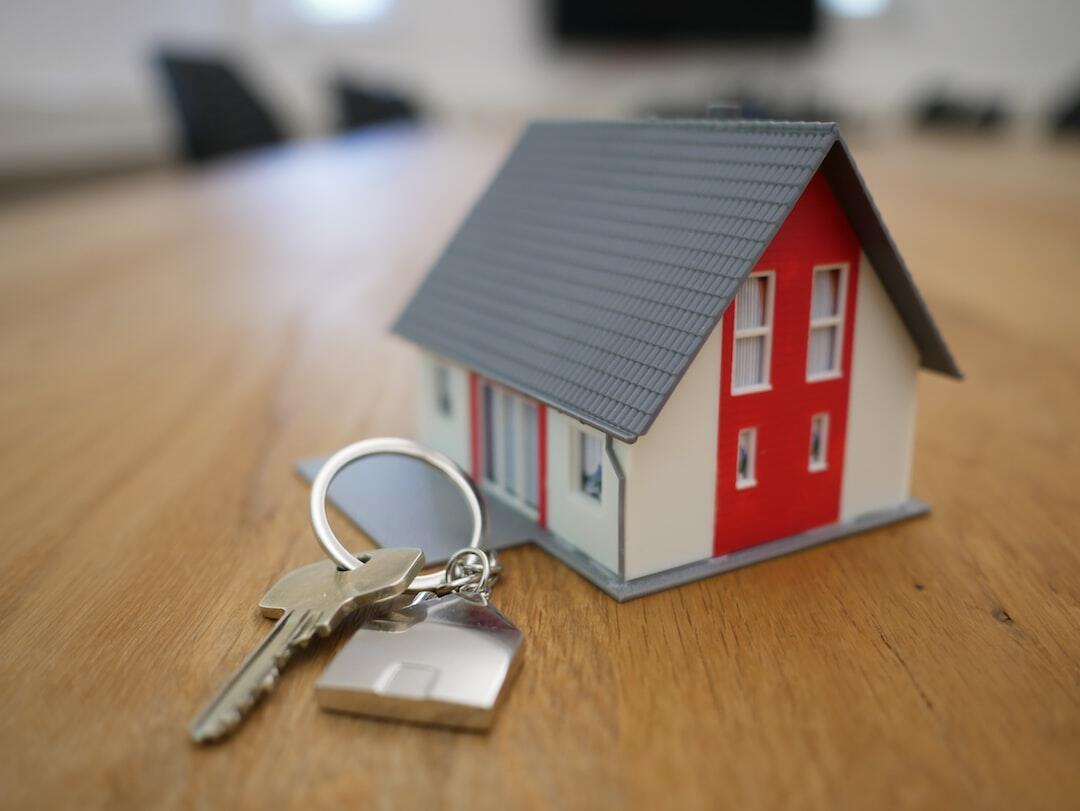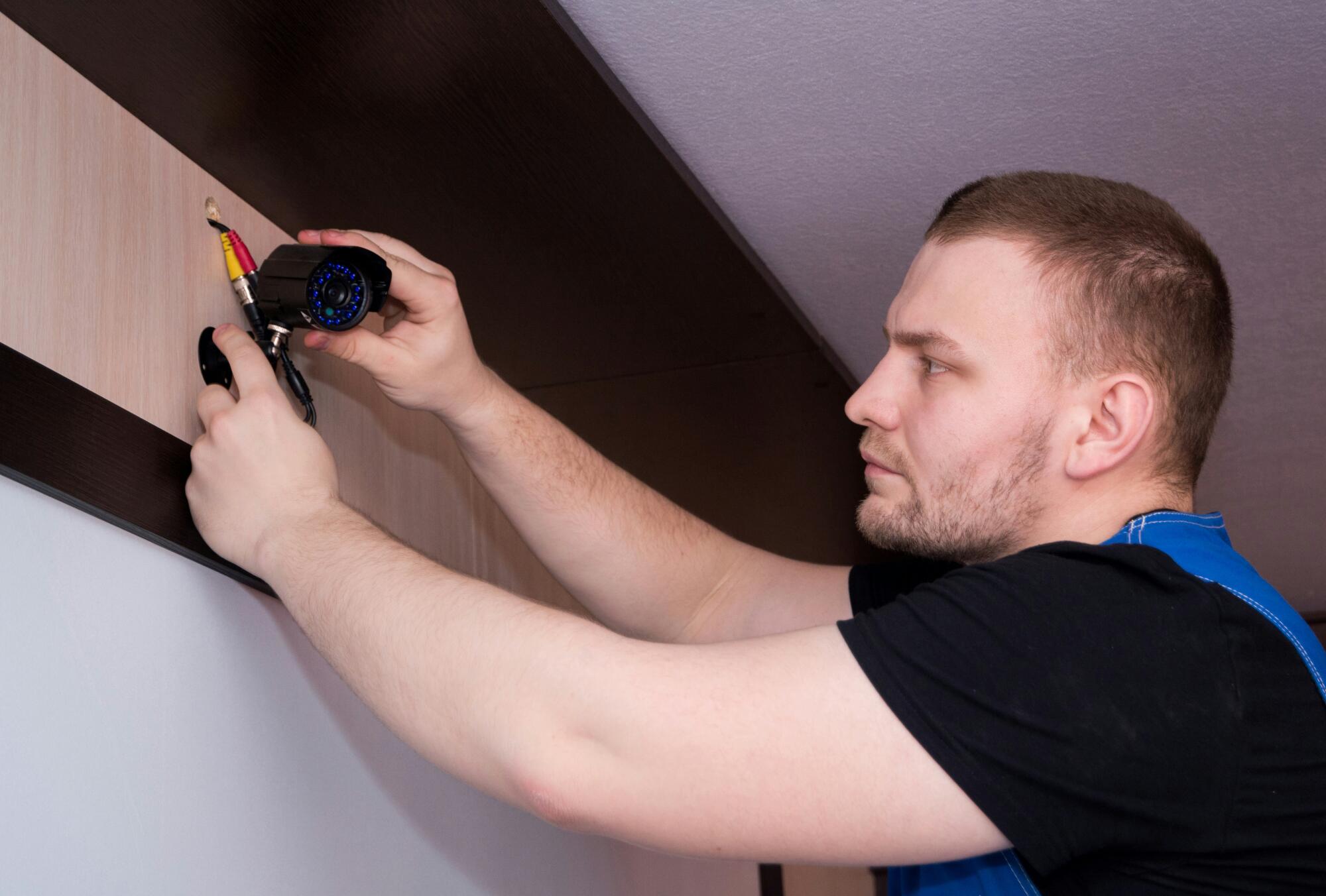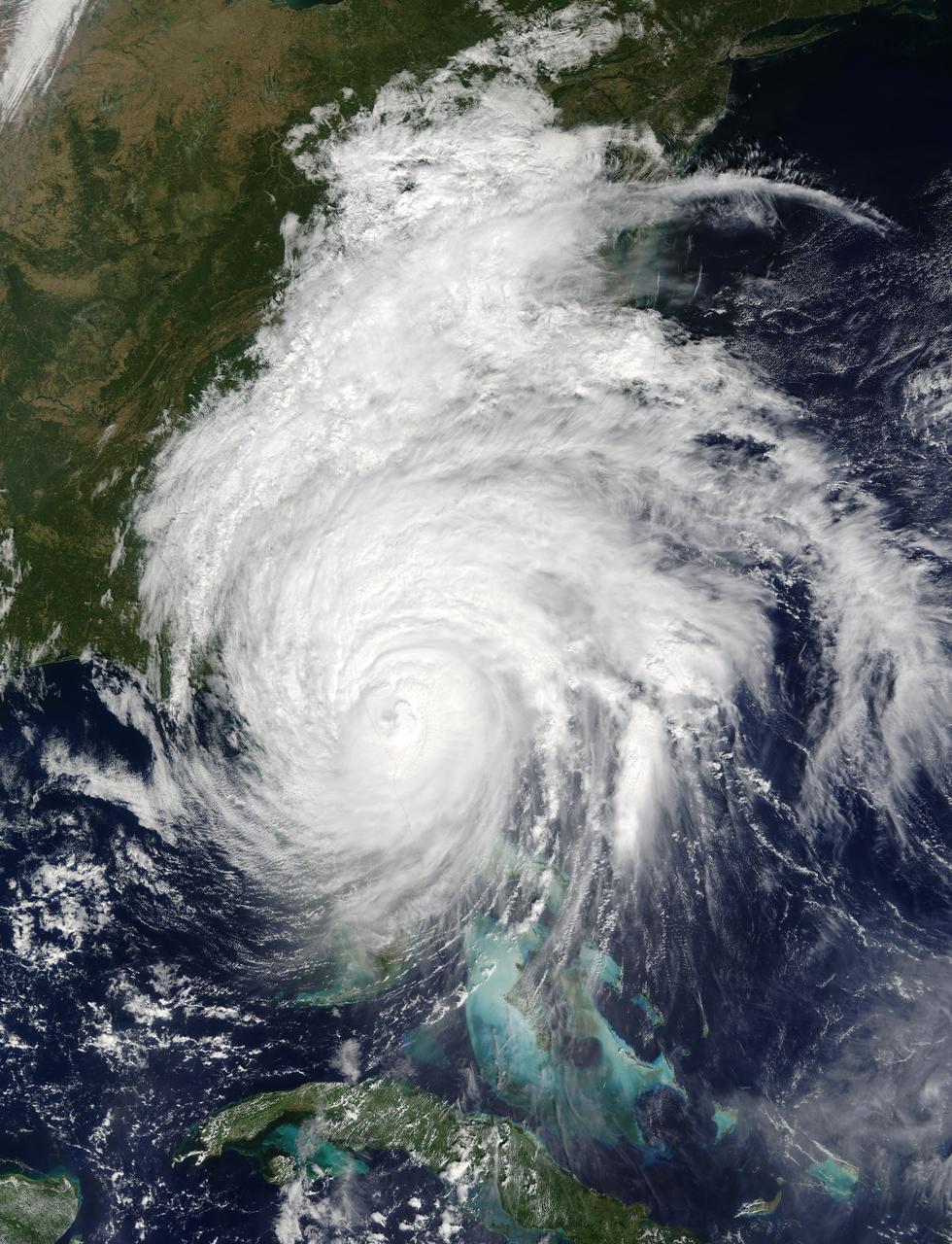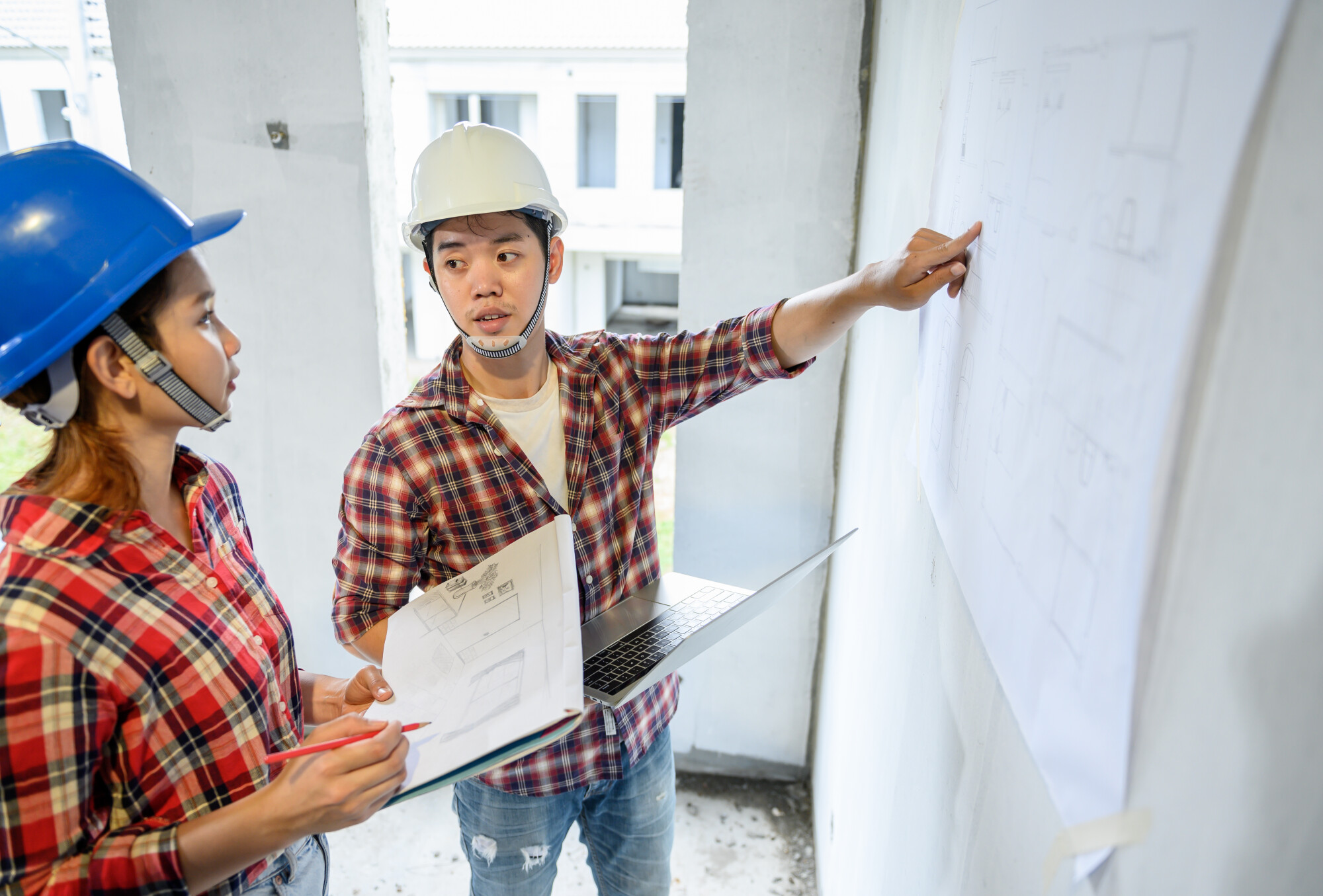Buying a new home is one of the most significant investments you’ll ever make. Whether you’re a first-time buyer or a seasoned homeowner, ensuring that your new property is in excellent condition is crucial.
A thorough new home inspection is an essential step in the home-buying process, as it can uncover potential issues that may not be visible during a casual walkthrough. To help you navigate this critical process, we’ve compiled a list of top home inspection tips that every property owner should know.
Let’s get started.
Hire a Qualified Home Inspector
The first and most important step in ensuring a thorough home inspection is to hire a qualified and experienced home inspector. While it may be tempting to save money by skipping this step or opting for a cheaper, less experienced inspector, doing so can lead to costly oversights. A professional home inspector has the training, knowledge, and tools to identify issues that most people would miss.
When selecting a home inspector, look for certifications from reputable organizations such as the American Society of Home Inspectors (ASHI) or the International Association of Certified Home Inspectors (InterNACHI). Additionally, ask for references and read reviews to ensure you’re hiring someone with a solid reputation.
Focus on Structural Integrity
The structural integrity of a home is one of the most critical aspects to evaluate during an inspection. Look for signs of foundation issues, such as cracks in the walls, uneven floors, or doors and windows that don’t close properly. These can indicate serious problems that may require costly repairs.
The inspector should also check the roof for signs of damage, such as missing shingles, leaks, or sagging. A compromised roof can lead to water damage, mold, and other issues, so it’s essential to ensure it’s in good condition.
Evaluate the Plumbing System
A thorough inspection of the plumbing system is essential to avoid future headaches. The inspector should check for:
- Leaks
- Water pressure issues
- The condition of pipes, faucets, and fixtures
They should also inspect the water heater to ensure it’s functioning correctly and has been properly maintained.
Additionally, ask the inspector to evaluate the sewer system, especially if the home is older. Sewer line issues can be expensive to repair, so it’s crucial to identify any potential problems before finalizing the purchase.
Inspect the Electrical System
The electrical system is another critical component of a home inspection. The inspector should check the condition of the electrical panel, wiring, outlets, and switches. They should also ensure that the home has an adequate number of circuits and that the system is up to code.
Pay special attention to any signs of outdated or unsafe wiring, such as knob-and-tube wiring or aluminum wiring, which can pose fire hazards. If the home has an older electrical system, you may need to budget for upgrades or repairs.
Check for Pest Infestations
Pest infestations can cause significant damage to a home and may require costly treatments to resolve. During the inspection, the inspector should look for signs of pests, such as termites, rodents, or carpenter ants. Common indicators include droppings, gnaw marks, damaged wood, or nests.
If the inspector identifies a pest problem, it’s essential to address it before moving in. In some cases, you may need to hire a specialized pest control professional to assess the extent of the infestation and recommend treatment options.
Assess the HVAC System
The HVAC system plays a crucial role in maintaining a comfortable living environment. The inspector should evaluate the condition of the:
- Furnace
- Air conditioner
- Ductwork
- Thermostat
They should also check for proper ventilation and ensure that the system is functioning efficiently. If the HVAC system is outdated or in poor condition, you may need to budget for repairs or replacement. A well-maintained system not only ensures comfort but also helps reduce energy costs.
Examine the Insulation and Ventilation
Proper insulation and ventilation are essential for maintaining energy efficiency and preventing issues such as mold and moisture buildup. The inspector should check areas such as:
- Attic
- Walls
- Crawl
Inadequate insulation can lead to higher energy bills and an uncomfortable living environment, while poor ventilation can cause moisture-related problems, such as mold growth or wood rot. If the inspector identifies any issues, consider addressing them before moving in.
Test All Appliances
Some homes come with appliances, such as:
- Refrigerator
- Dishwasher
- Oven
The inspector should test each one to ensure they’re in working order. While appliances may not be the most critical aspect of a home inspection, replacing or repairing them can be costly, so it’s essential to know their condition upfront. If any appliances are not functioning correctly, you may be able to negotiate with the seller to have them repaired or replaced before closing.
Review the Inspection Report Carefully
After the inspection, the inspector will provide a detailed report outlining their findings. Take the time to review this report carefully and ask for clarification on any points you don’t understand. The report will typically include photos, descriptions of any issues, and recommendations for repairs or further evaluation.
Use the inspection report to make informed decisions about the property. If significant issues are identified, you may need to negotiate with the seller for repairs, a price reduction, or credits at closing. In some cases, you may even decide to walk away from the deal if the problems are too extensive.
Plan for Future Maintenance
Even if the home inspection reveals no major issues, it’s essential to plan for future maintenance. All homes require ongoing upkeep, and understanding the property’s needs can help you avoid costly repairs down the line.
Ask the inspector for advice on maintaining the home’s systems and components. They may recommend a home inspection checklist that can help you keep the property in good condition.
Your New Home Inspection
A thorough new home inspection will give you peace of mind and make you more confident in your purchase. It’s important to have such inspections done by qualified professionals.
Central Florida Building Inspectors is Orlando’s number one choice for residential and commercial property inspections. Our skilled team uses top-of-the-line equipment, and we’ve been performing inspections since opening in 1988.
Schedule your new home inspection now!
